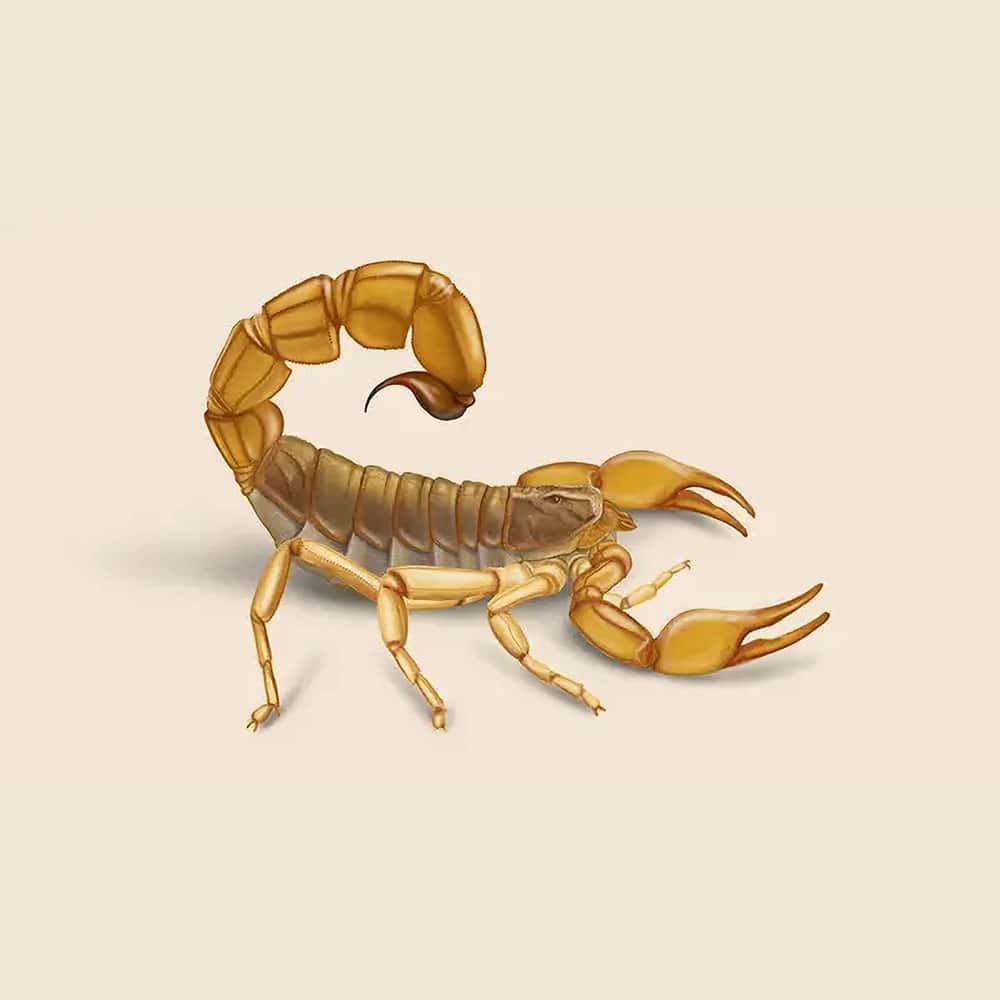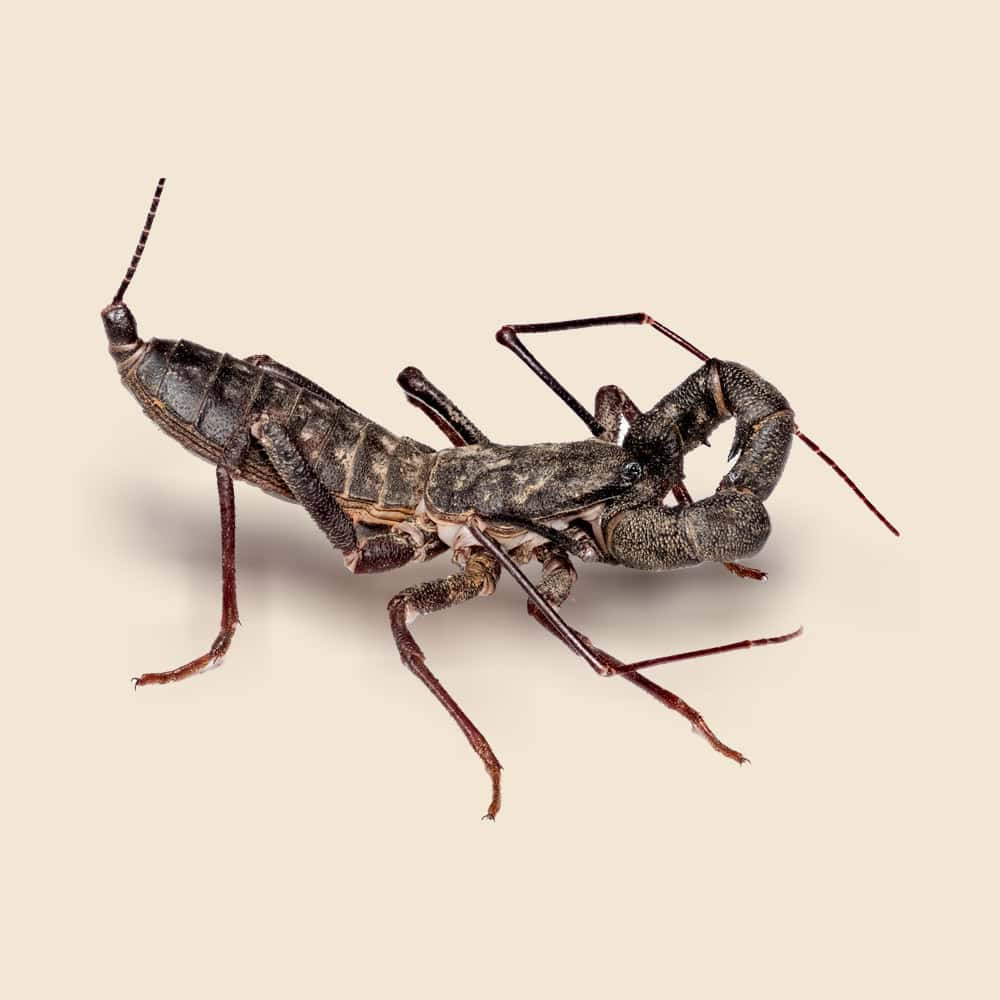Stinging Pest Facts & Information
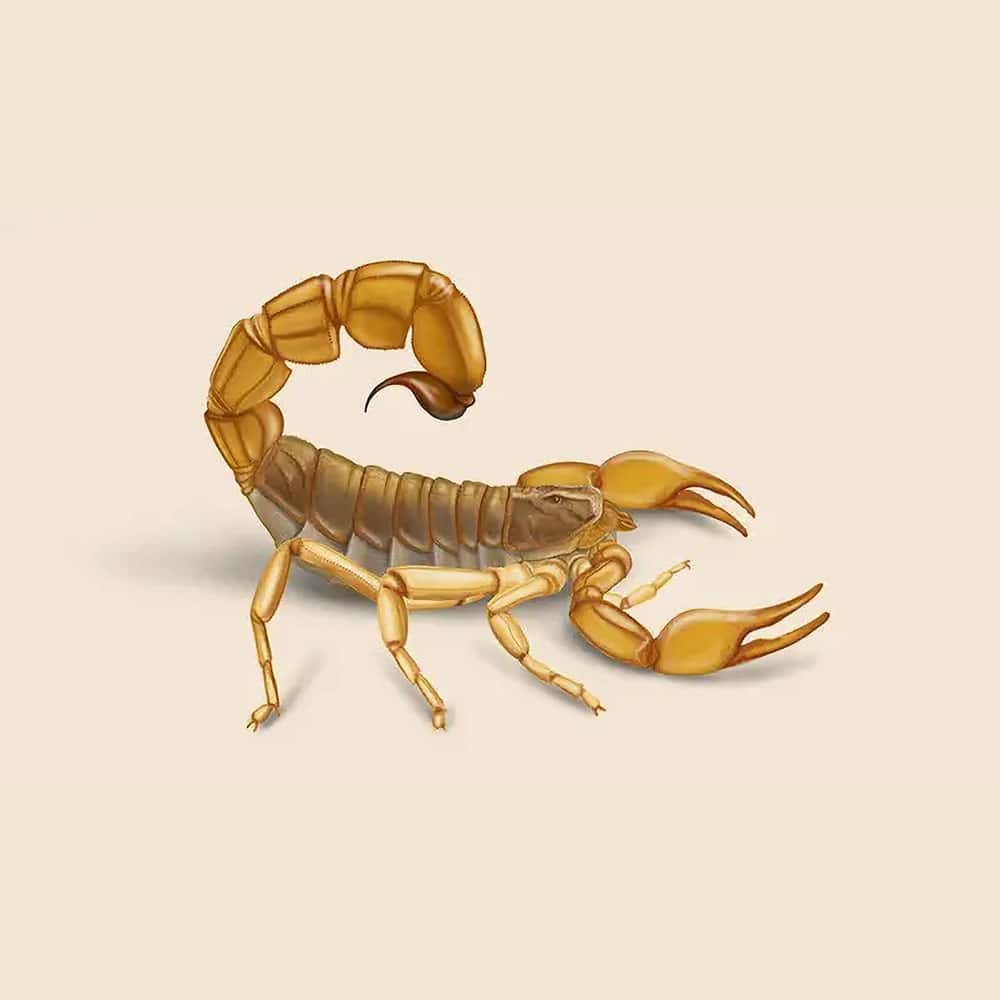
Order Scorpiones
Identify
Types of Stinging Pests
Stinging pests, including bees, Africanized honey bees, wasps, and scorpions, can pose serious threats to your safety and well-being. Their stings can cause pain, allergic reactions, and, in severe cases, life-threatening conditions. Effectively managing their presence around your home or business is essential for maintaining a safe environment.
Common Types of Stinging Pests
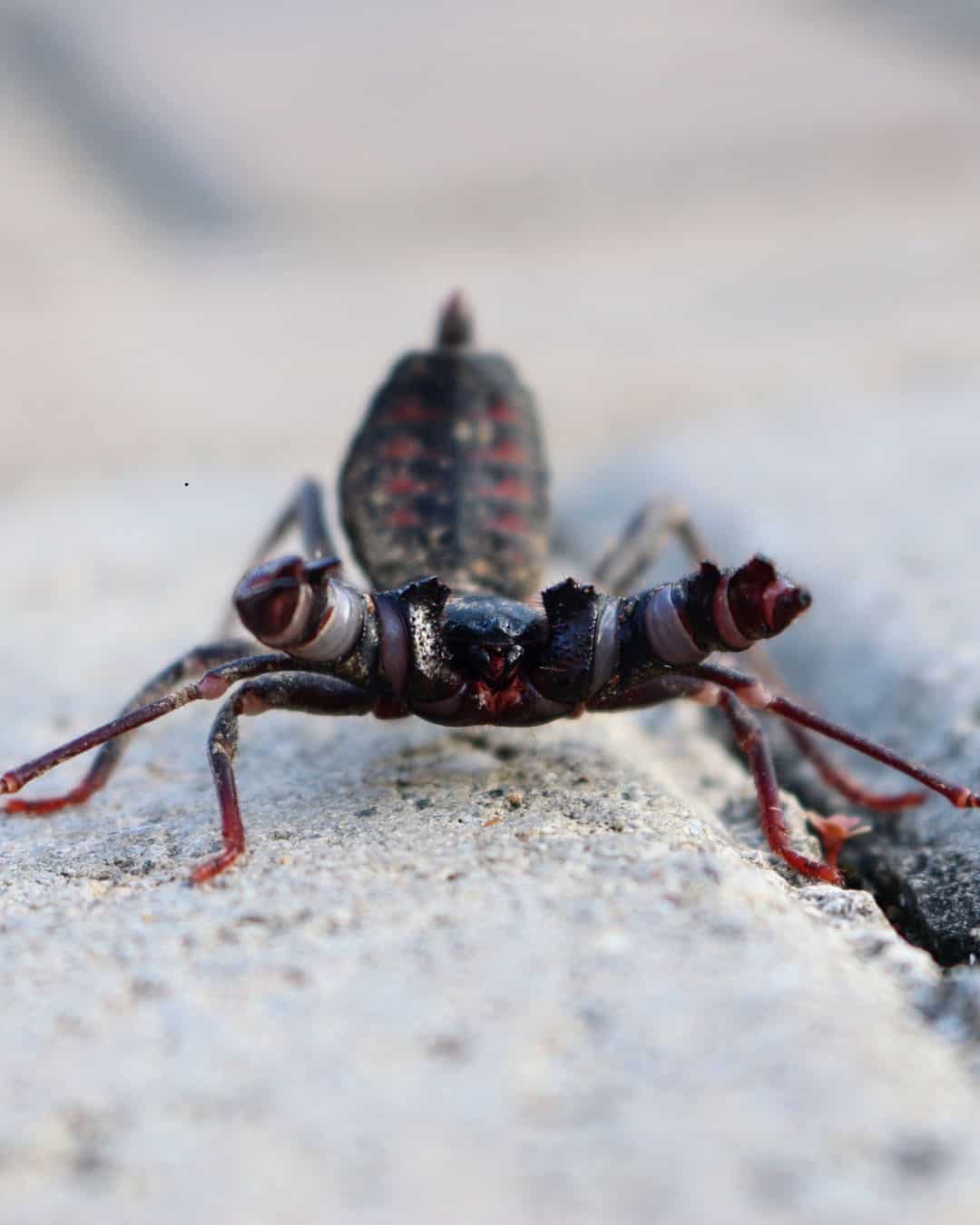
TREATMENT
How do I get rid of Stinging Pests?
At Hearts Pest Management, we provide specialized solutions to address the challenges posed by stinging pests, including scorpions. Our process begins with a thorough inspection to identify the species, locate nests, hives, or scorpion hiding spots, and assess the level of infestation. Using Integrated Pest Management (IPM) principles, we develop a tailored treatment plan that prioritizes safety and effectiveness.
Our approach includes the humane removal and relocation of bee hives whenever possible, recognizing the crucial role bees play in pollination. For Africanized honey bees, which are more aggressive, we implement stringent safety measures to protect you and our technicians during removal. When dealing with wasps, we use targeted treatments to eliminate nests and prevent their return. For scorpions, we apply specific treatments to control their population and offer advice on reducing their hiding places. Additionally, we provide guidance on preventive measures, such as sealing entry points and reducing attractants like food and waste.
Organic "Green Thumb" Program
EPA Award Winning

Active Member of the National Pest Management Association
Stinging Pest FACTS
Learn All About Stinging Pests
The more you know about stinging pests, the better you can predict and control their behavior. Here are some interesting facts to help you on your way.
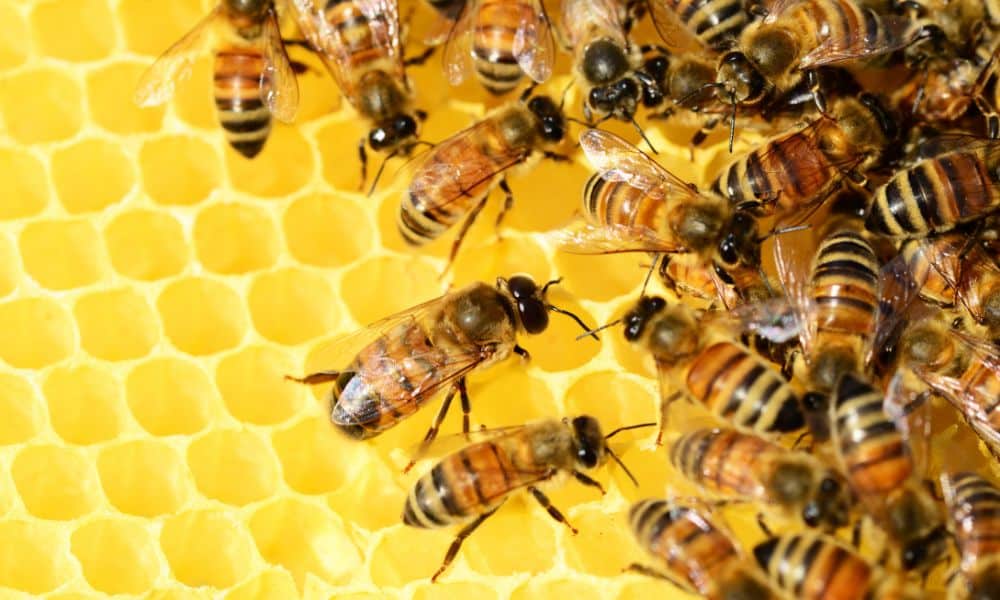
Lifespan
Diet
Behavior
Nesting
